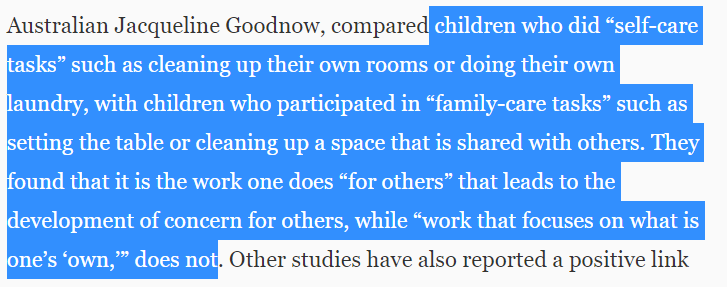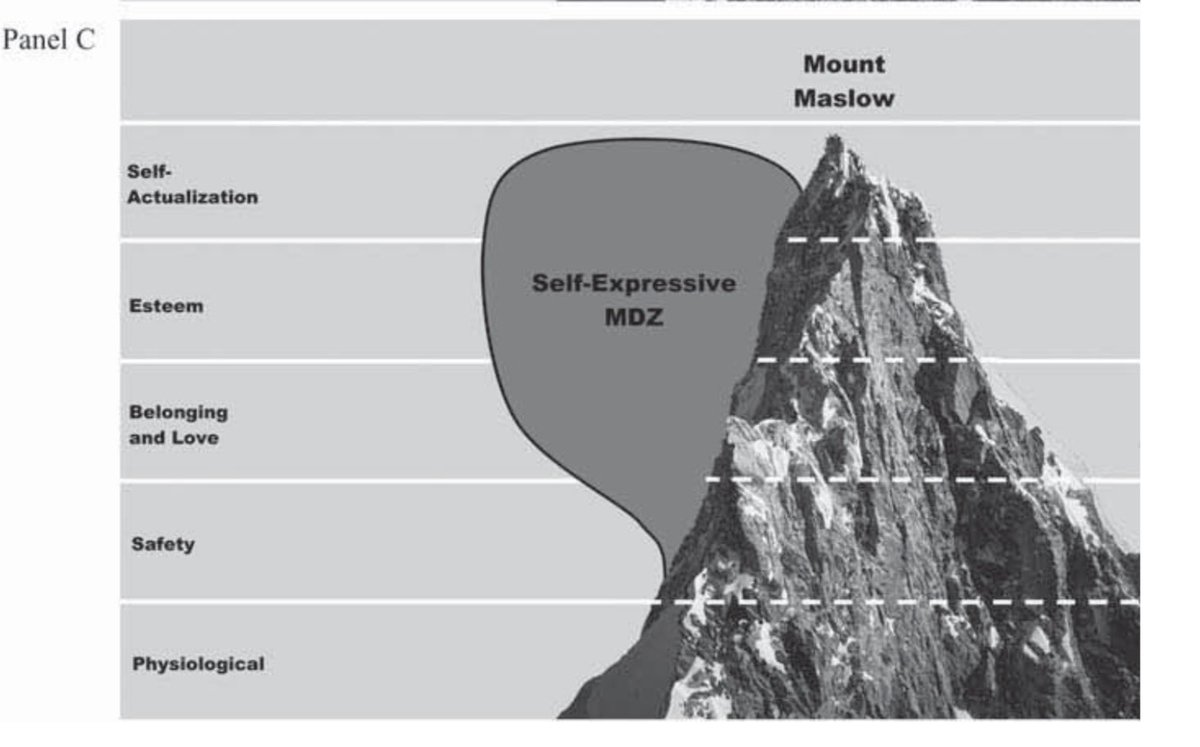
1. *The Children of Men* is set in 2021. PD James’ novel powerfully & presciently depicts a world where fertility is cratering. We’re not at TCOM levels yet, but there is no doubt that ‘21 will bring record lows in fertility. In fact, even before COVID... ifstudies.org/ifs-admin/reso… 
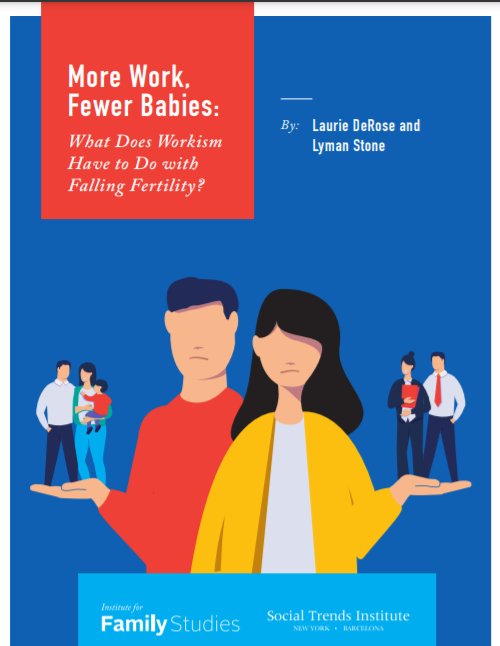
2. We witnessed record low fertility rates across the globe in countries as different as the following:
Total Fertility Rate
United States 1.65
Finland 1.40
South Korea .84
sciencenorway.no/birth-family-p….
Total Fertility Rate
United States 1.65
Finland 1.40
South Korea .84
sciencenorway.no/birth-family-p….
3. What's going on, including in the Nordics, which until recently had fertility rates close to replacement level? Why is fertility falling in Nordics and so many other countries?
Laurie DeRose & @lymanstoneky take up this question in a big new report: ifstudies.org/blog/workism-a…
Laurie DeRose & @lymanstoneky take up this question in a big new report: ifstudies.org/blog/workism-a…
4. Standard suspects for falling fertility:
- Individualism
- Incomplete gender revolution (men not pulling their weight on home front)
- Secularism
- Stagnant econ opps for y adults
- Lack of work-family policies
BUT these factors cannot fully explain falling fertility of late
- Individualism
- Incomplete gender revolution (men not pulling their weight on home front)
- Secularism
- Stagnant econ opps for y adults
- Lack of work-family policies
BUT these factors cannot fully explain falling fertility of late
5. But many of these arguments cannot fully account for dramatic declines in fertility in Nordics, which have generous work-family policies, egalitarian social norms & have until recently keep their fertility rates close to replacement. See: ifstudies.org/ifs-admin/reso… @FamStudies 
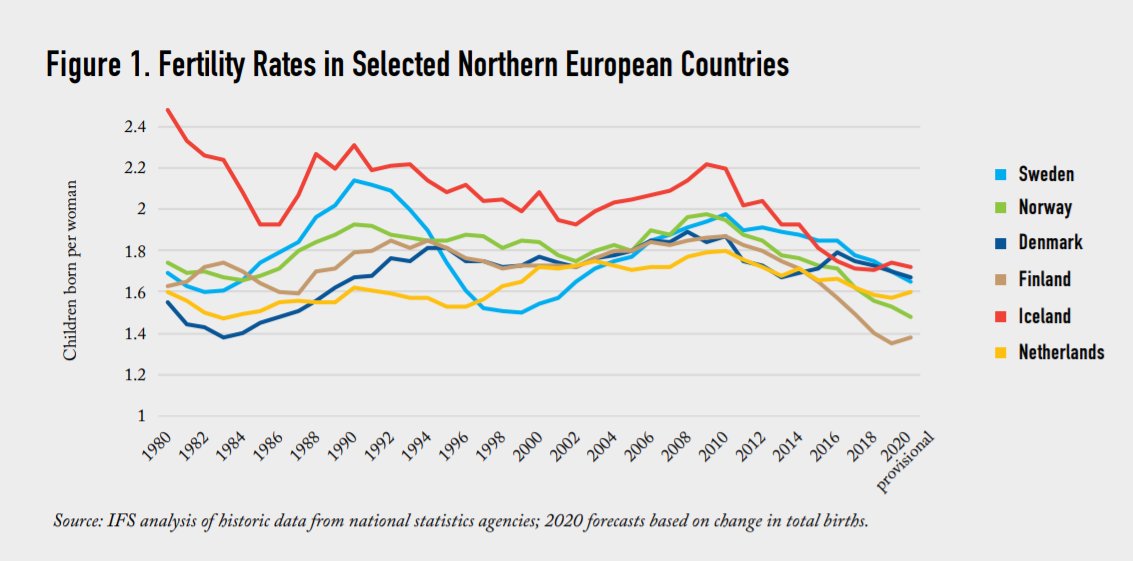
6. What if something else is afoot when it comes to falling fertility? Something like what @DKThomp called "workism"--the idea that work is what gives our lives meaning, direction, purpose & even community but.... isn't exactly compatible w/ having babies? theatlantic.com/ideas/archive/…
7. This is the question that Laurie DeRose & @lymanstoneky take up in their new @FamStudies report, "More Work, Fewer Babies: What Does Workism Have to Do with Falling Fertility?" ifstudies.org/ifs-admin/reso… 
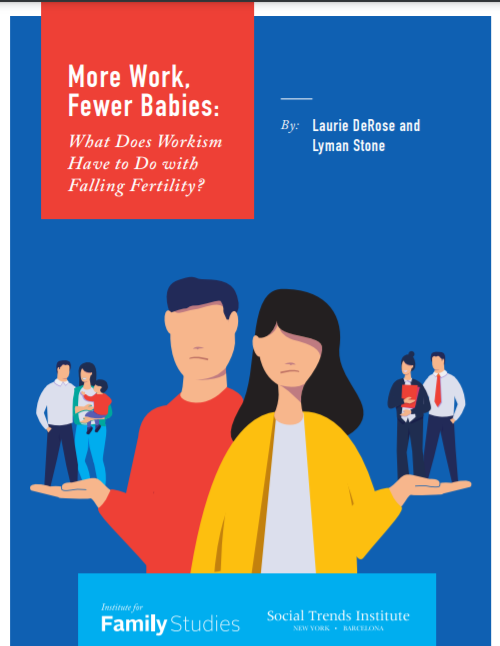
8. What if our devotion to work, to investing our hearts, our minds, and our time into our work, now stands in tension w turning our hearts, minds, & time towards starting a family & having the kids we say we want? What if people now think work is more "essential" than children? 
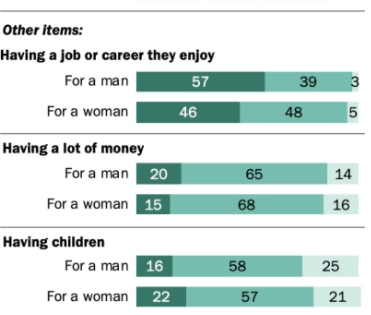
9. So what do they find? "The decline in birth rates over last decade across many high-income countries—including some Nordic countries—can be partly explained by the rising importance individuals assign to work as a source of value and meaning in life." ifstudies.org/ifs-admin/reso… 
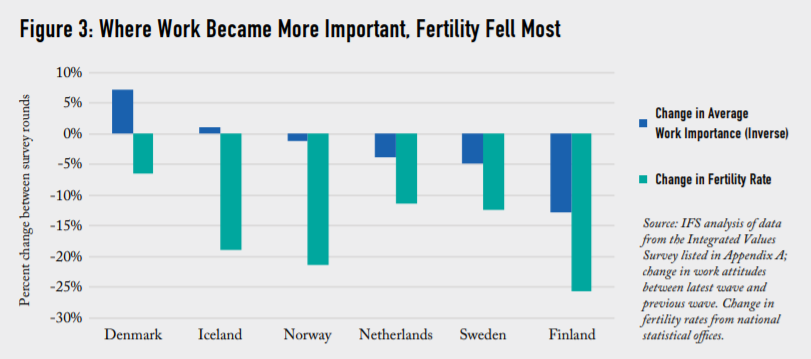
10. "Highly work-focused values and social attitudes among both men and women are strongly associated with lower birth rates in wealthy countries." ifstudies.org/ifs-admin/reso… 
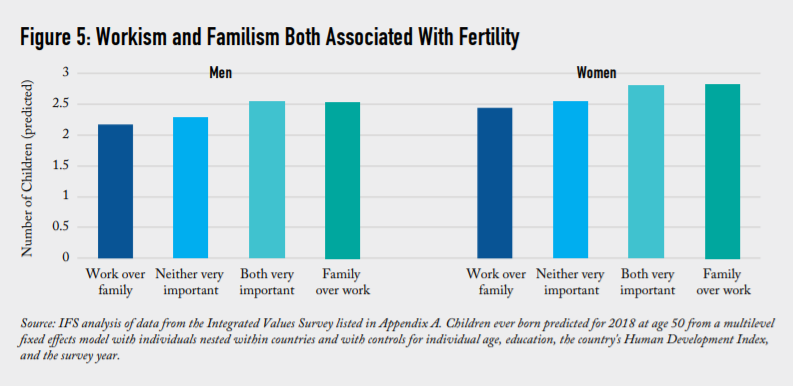
11. Their work suggests policy efforts that are focused on equalizing the division of labor between men and women but are also *work* focused, such as universal childcare, are not likely to keep societies at sustainable fertility levels. Because they reinforce workist culture.
12. Better to pursue *familist* policies that allow and encourage both women and men to devote more time to their families/children. And, of course, foster a more familist culture. ifstudies.org/ifs-admin/reso… 
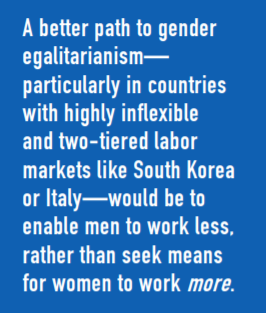
13. Join Laurie DeRose, @lymanstoneky and me (@WilcoxNMP) tonight to talk about this new report on work and fertility across the globe. Register here: ihe.catholic.edu/events/more-wo… @FamStudies @HumanEcologyCUA @Plough
• • •
Missing some Tweet in this thread? You can try to
force a refresh

